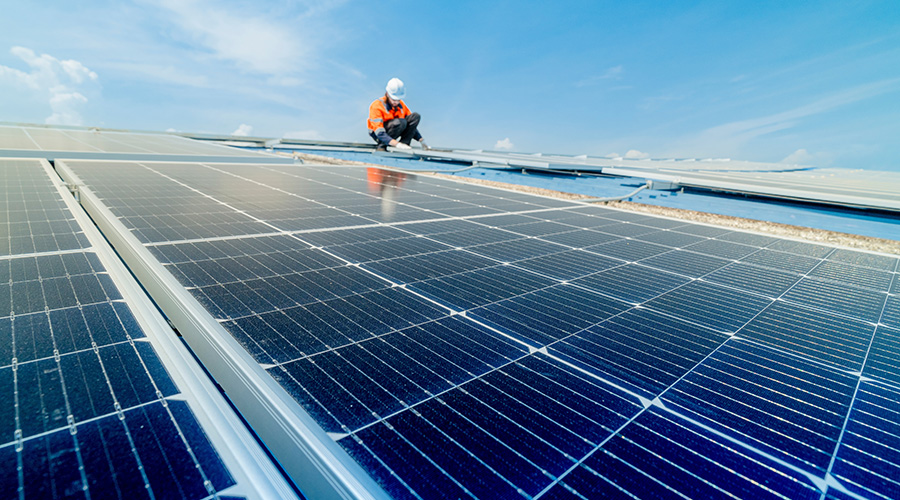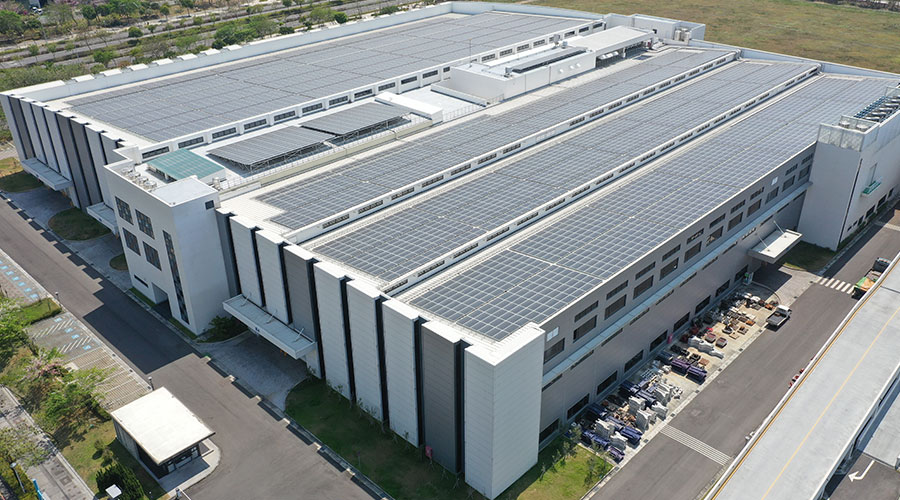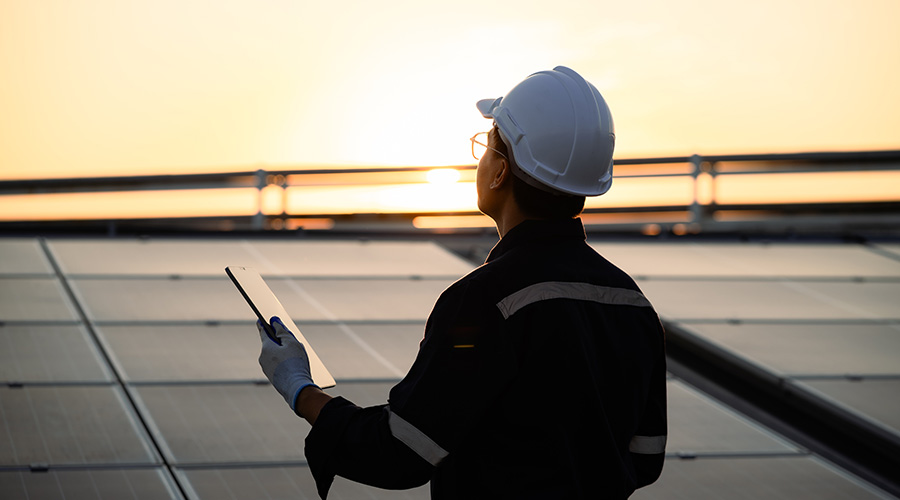Areas For FMs To Master In Sustainability: Planning, Project Management, Communication, Real Estate, Finance
There are a number of skills facility managers should master to improve their sustainability credentials. Among them are planning, project management, communication, real estate and finance.
3. ��Planning and Project Management
Facility managers are trained to develop and implement strategic plans, aligning the facility and sustainability strategy with the organization's overall strategy. The importance of fitting sustainability goals within the organization's overall goals can't be emphasized strongly enough. It is an absolutely essential strategy for success. And initiating a plan and being able to successfully manage it to fruition are the two sides of a sustainable equation.
4. �Communications
Knowing what to say, when to say it, and how to address a particular audience must be part of a facility manager's expertise — especially when it comes to sustainability initiatives that save money. As many facility managers have said, "If I don't tell anyone about my successes, no one else will." Gone are the days when a facility manager could be out of sight, out of mind. Facility managers also know the value of creating dialogue with stakeholders and maintaining a constant information stream that provides continual updates and status reports. Transparency is key to both facility management and sustainability.
5. �Real Estate
Due diligence has always been a key responsibility of a facility professional. Location at the right site and realizing the strengths and needs of a property is critical to a facility operating efficiently, cost-effectively, and sustainably. Understanding the real estate life cycle is part of a facility manager's portfolio of skills, as is developing a real estate master plan and defining the ways a building's valuation is affected and improved through sustainable operations.
6. �Finance
A facility manager's focus on finance revolves around real estate, purchasing, and facilities, and how operations in these aspects of the corporation can benefit from sustainability programs. This comes in terms of analyzing, forecasting and budgeting. Facility managers should understand the concepts of return on investment (ROI), internal rate of return (IRR), net present value (NPV) and net operating income (NOI). They need to be conversant enough in these areas to hold intelligent discussions with senior financial executives in how sustainable initiatives contribute to the bottom line.
7. �Quality Assessment and Innovation
There is a synergy between sustainability and innovation. Sustainability leads to innovation and innovative ideas can be utilized to promote sustainable programs. Facility managers are always tasked with performing their jobs in an effort of continual improvement. Attempting different actions through new approaches and ensuring that quality stays constant is standard operating procedure.
8. �Human and Environmental Factors
It is the responsibility of the facility manager to develop and implement practices that promote and protect the health, safety, security, and quality of work life for all personnel who reside in or visit their facility. This is accomplished through the holistic approach of sustainable operations, ensuring premium indoor environmental quality and providing comprehensive protection to all stakeholders.
9. �Emergency Preparedness and Business Continuity
Facility managers are trained to envision and implement solutions that will sustain a company's future success. In planning for the future and looking at worst-case scenarios, facility managers must prepare realistic options for all exigencies and devise their best possible resolution. Projecting probable results of any given situation and working to mitigate their negative impacts reflects the need to address the confluence of environmental and business outlooks of today.
Related Topics:















